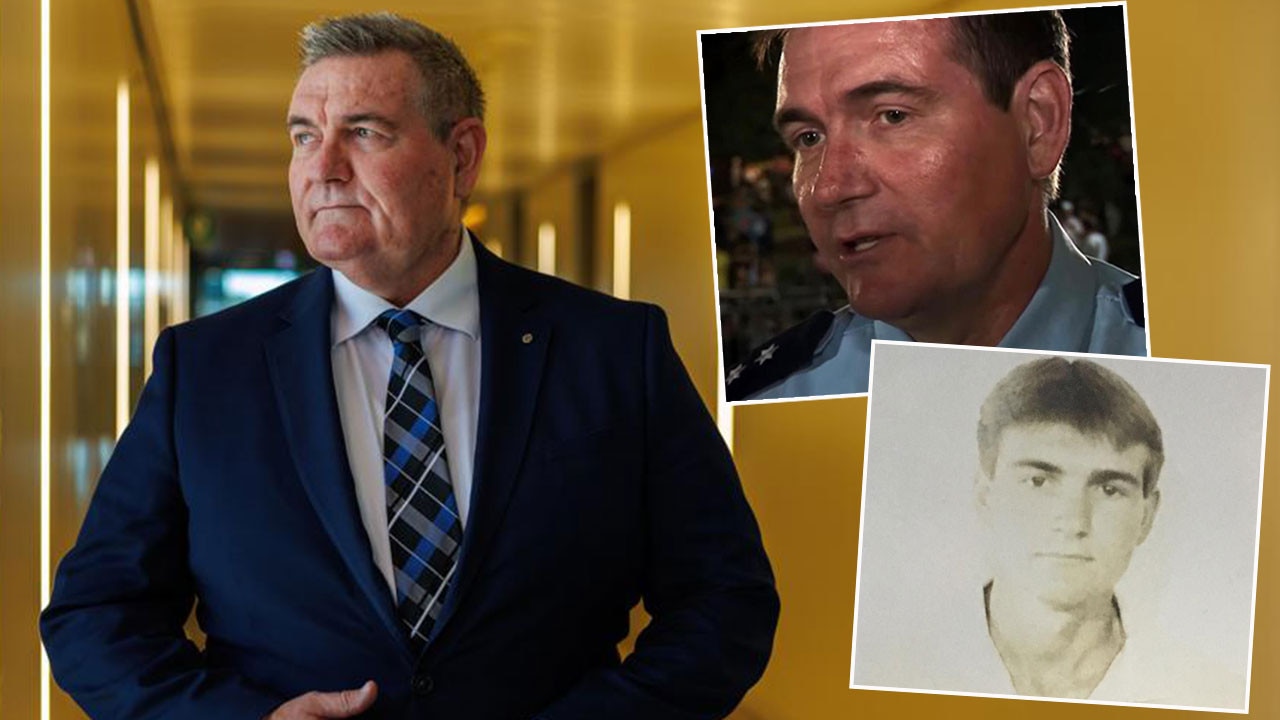Youth workers, behaviour experts demand urgent overhaul of ‘broken’ school suspension system
Troubled kids who are suspended from school need better access to supervised, safe alternatives to abusive homes, experts have warned, following the suicide death of 15-year-old Harmony.
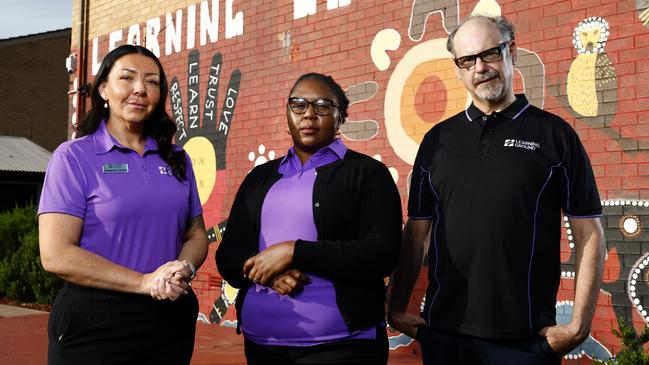
NSW
Don't miss out on the headlines from NSW. Followed categories will be added to My News.
Troubled kids who are suspended from school need better access to supervised, safe alternatives to harmful situations at home, experts warn, amid fresh revelations the NSW government is failing to provide care to tens of thousands of students.
The NSW Department of Education’s (DOE) 22 “suspension centres” have capacity for just six students each at any one time, meaning they can only cater to a maximum 20 per cent of the 34,000 kids suspended from school each year.
Existing suspension centres are dotted around Sydney and the regions including at least one centre in inner Sydney, the west and southwest suburbs and Northern Sydney, providing “structured programs to help students successfully return to school as soon as possible” on referral by the school principal.
The revelations come in the wake of a scathing coronial report that found 15-year-old Taree schoolgirl Harmony’s 75 days of at-home suspension from school contributed to the “relevant context” of her suicide death, after her educators were unable to find her a suitable, supervised place to serve out her suspensions.
Academics and youth workers have told The Daily Telegraph the system needs an “urgent” overhaul, with untold numbers of kids at risk of being sent home to damaging and abusive environments, or falling away from the education system altogether.
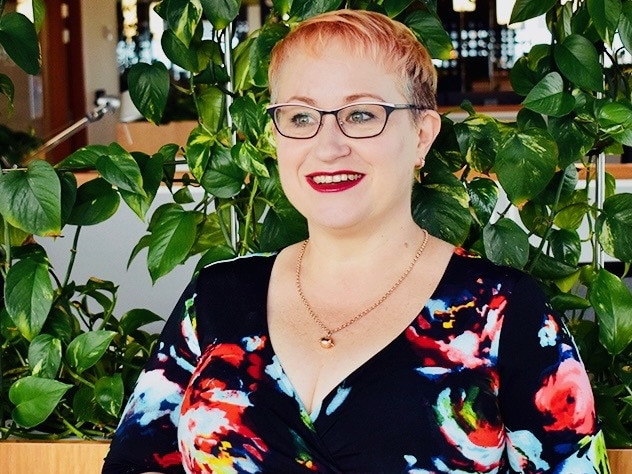
Researcher Linda Graham, director of the Centre for Inclusive Education at Queensland University of Technology, gave evidence to the coronial inquest and told The Daily Telegraph Harmony’s story was “harrowing” but “there are so many of these kids out there”.
Some schools are on a “hair-trigger” with suspensions for issues as minor as uniform violations, Professor Graham said, hitting out at the Labor government’s reversal of reforms introduced by previous Coalition education minister Sarah Mitchell in 2022.
“The previous (NSW) government were on the right track,” Professor Graham said.
“As much as the Labor Party says it’s the party that looks after people, it’s hugely beholden to union interests – and kids don’t have a union.
“The one shot they have in life is education, and we’re kicking them out of it. It doesn’t make sense.”
One in 23 NSW public school students were suspended at least once in 2023, however nearly 60,000 suspensions were handed out overall.
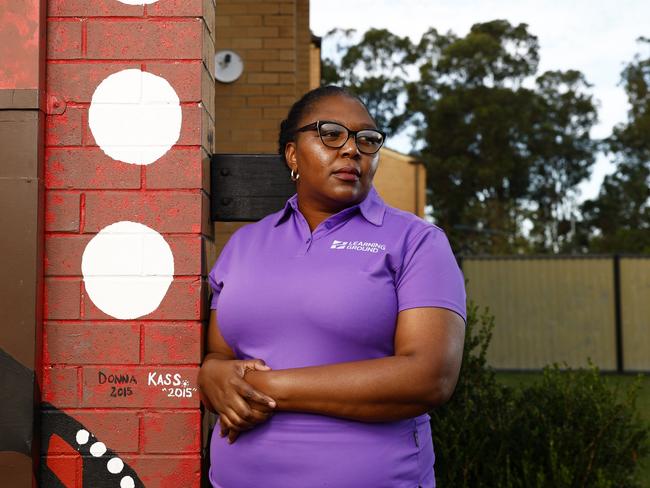
The Department of Education declined to provide figures for the 2024 school year, citing a “review of the calculation methodologies” for last year’s data.
Rumbi Mabambe, executive director of Mt Druitt-based charity Chain Reaction Foundation, has seen first-hand how kids with domestic violence and substance abuse backgrounds start school at a vast disadvantage to their peers.
Harmony’s story, Ms Mabambe said, is “heartbreaking but not surprising”, warning NSW public schools are on the cusp of a “chronic disengagement crisis”.
Significantly more money needs to be put into student wellbeing, she said, with current funding amounting to approximately $20 per child.
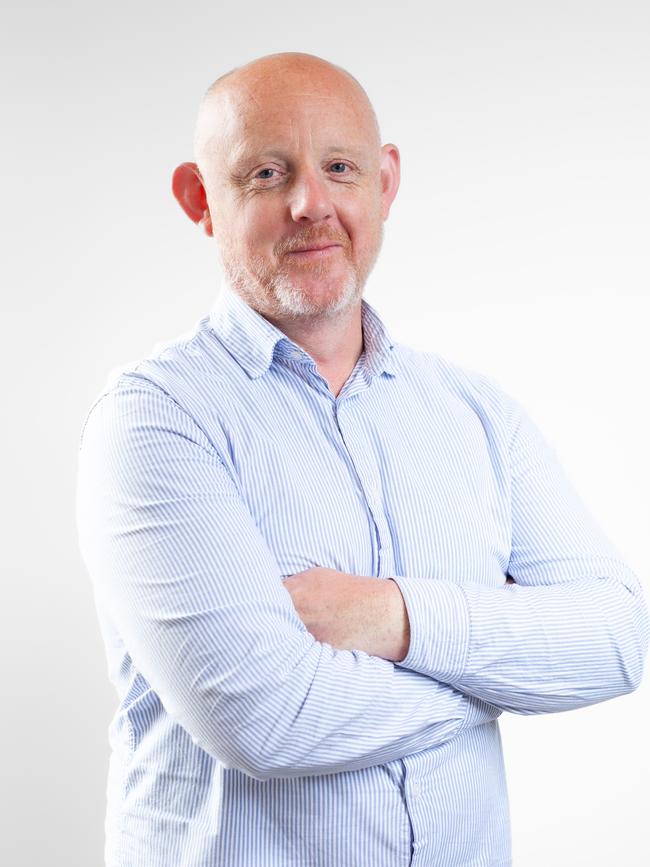
“We see young people like (Harmony) every week, and I know that her school community would’ve been quite saddened by the outcome … but they are working in a broken system,” she said.
“There is a need for a whole of government systems approach to address school disengagement.”
Associate Professor David Armstrong, expert on inclusive education at La Trobe University, said suspensions have a “catastrophic impact” on kids’ engagement with school.
However, successive governments have failed to put any funding towards research which would uncover the best solutions, he said.
“This is a national issue,” he said.
“There is an urgent need for financial investment … to find out what works – what programs should be put in place to identify kids early, step in early, and then we’ll get much better outcomes.”
If this story raised concerns for you or someone you know, please contact Kids Helpline on 1800 55 1800 or Lifeline on 13 11 14. In an emergency, call 000.
More Coverage
Originally published as Youth workers, behaviour experts demand urgent overhaul of ‘broken’ school suspension system





